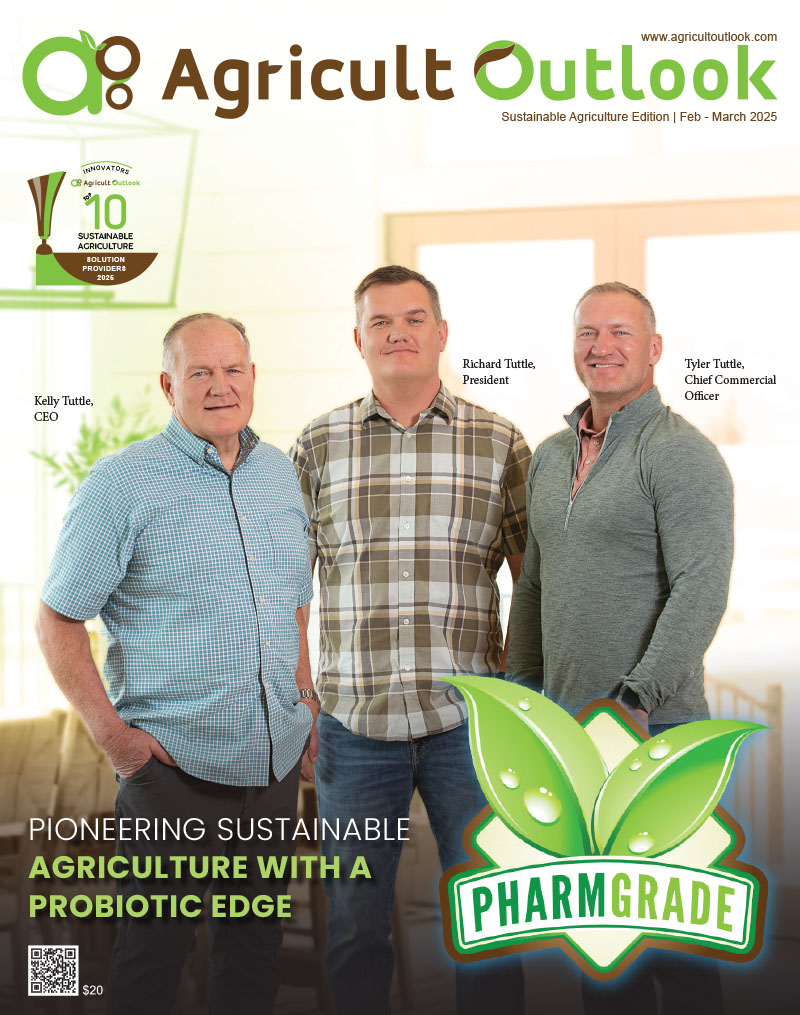Seed Health, a microbiome science company, has officially announced a partnership with The Two Frontiers Project to conceive an initiative where they will leverage microbes to conceive novel solutions for addressing the climate crisis. According to certain reports, this initiative, which will be supported by SeedLabs, Seed Health’s environmental division, will focus on discovering microorganisms that thrive in extreme; CO2-rich environments, while simultaneously boasting the knowhow of using their unique biochemistry to enhance carbon sequestration, restore vital ecosystems, and transform CO2 into sustainable products. Talk about the whole value proposition on a slightly deeper level, it will be divided into three specified programs i.e. Carbon Capture, CO2 Upcycling for Sustainable Products, and Coral Ecosystem Restoration. Starting with Carbon Capture, this program will bear the responsibility to facilitate isolation of microbial communities with high carbon sequestration capacities, as well as of coral-associated microbiomes that foster resilience to high-CO2 conditions. To begin the proceedings, researchers will visit two volcanic islands off the coast of Japan to cultivate and sample microbes from diverse environments, such as oceanic CO2 seeps, volcanic fields, and coral ecosystems. Moving on to the program responsible for CO2 Upcycling for Sustainable Products, it will bank upon the stewardship of Dr. James Henriksen, Co-Founder and Director of R&D of 2FP and scientist at Colorado State University, to develop processes required for converting CO2 into sustainable products like sugars and oil-based compounds, including omega-3 fatty acids and even biofuels. Contextualizing the importance of such a conversion is the fact that it won’t just mitigate atmospheric CO2, but at the same time, it will also produce sustainable alternatives to petrochemical derivatives. This, in turn, should greatly reduce the carbon footprint associated with their production.
“By placing early-stage applied research at the core of its climate strategy, Seed is pioneering a path that others should follow—one that is genuinely committed to discovering next-generation solutions to climate change,” said Braden Tierney, Founder and Executive Director of 2FP. “The urgency of our climate crisis means we don’t have the luxury of time. Our partnership with SeedLabs enables us to accelerate our efforts, tapping into the extraordinary potential of microbial evolution for a new frontier in climate tech.”
Rounding up highlights for us is, of course, the Coral Ecosystem Restoration program. Here, the partners’ idea is to build upon the advanced shotgun sequencing techniques developed with Krista Ryon, Co-Founder and Director of Operations of 2FP. Once developed, the stated techniques will allow them to intensify efforts to protect coral reefs, which are critically vulnerable to ocean acidification and climate-induced bleaching. Given the nature of this technological setup, the program can be expected to guide the creation of next-generation microbial therapies, therapies that are going to markedly enhance coral resilience and promote restoration. Another thing the initiative will likely do involves sequencing and analyzing of microbiota from healthy, diseased, and resilient coral colonies worldwide to identify and culture beneficial microbes that can prevent reef loss and improve coral growth and recovery.
“This collaboration is a prime example of our commitment to pioneering sustainable environmental solutions,” said Raja Dhir, co-Founder of Seed Health. “By harnessing the unique capabilities of microbes, we can address critical aspects of the climate crisis, from enhancing ecosystem resilience to innovating carbon utilization strategies.”







